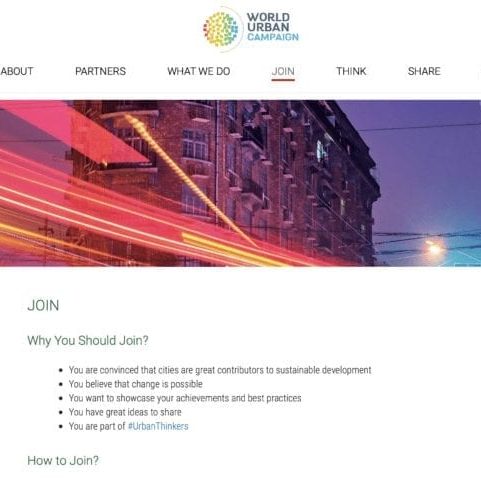Client: Ontario Power Generation Inc.
Listing of the client in no way affirms the client's support, sponsorship, or validation in any form of Risk Sciences International or the RSI staff member(s) who conducted this project during their stay with RSI or prior to joining the company. This case study is displayed for informative purposes only to demonstrate the capacity of RSI staff members. This case study reveals no proprietary information or information deemed sensitive.
Pickering Nuclear Facility Re‑licensing
The client sought support to finalize a Commission Member Document (CMD) for the re‑licensing of a nuclear facility. Recognizing the complexity and sensitivity of reactor re‑licensing, they requested assistance in crafting communication materials that were both technically comprehensive and accessible to regulatory bodies and broader audiences. The work included drafting a clear and well‑structured CMD, refining content through iterative feedback, and delivering a polished final version suitable for formal submission. The deliverable focused on organizing key messages, emphasizing clarity, transparency, and effective risk communication tailored for a licensing context. Throughout the engagement, RSI prioritized alignment with the client's communication goals, ensuring the document was both informative and aligned with stakeholder expectations.
Experts related to this case study
More RSI Case Studies
RSI presents a very small selection of case studies to highlight some of its key work.




















